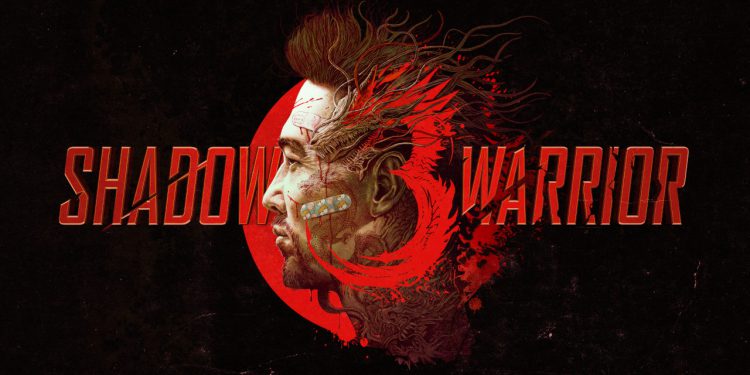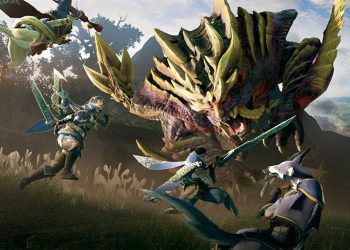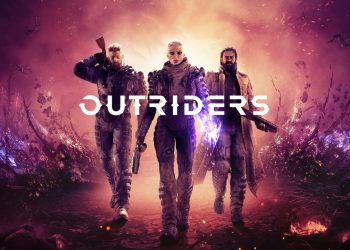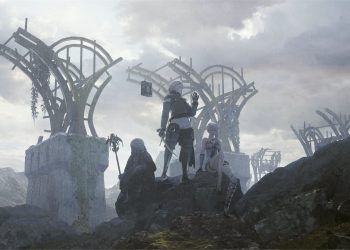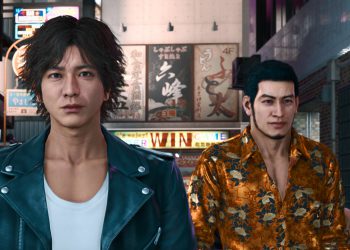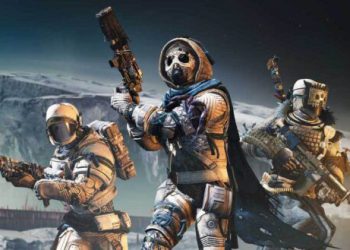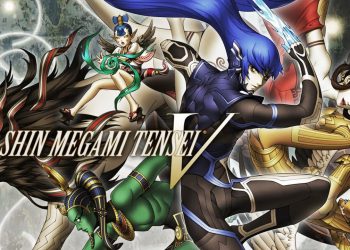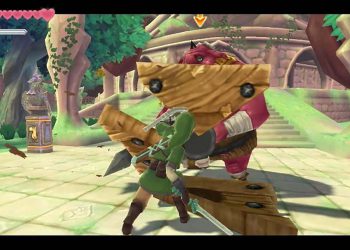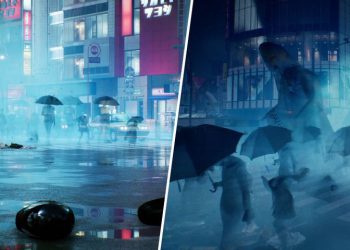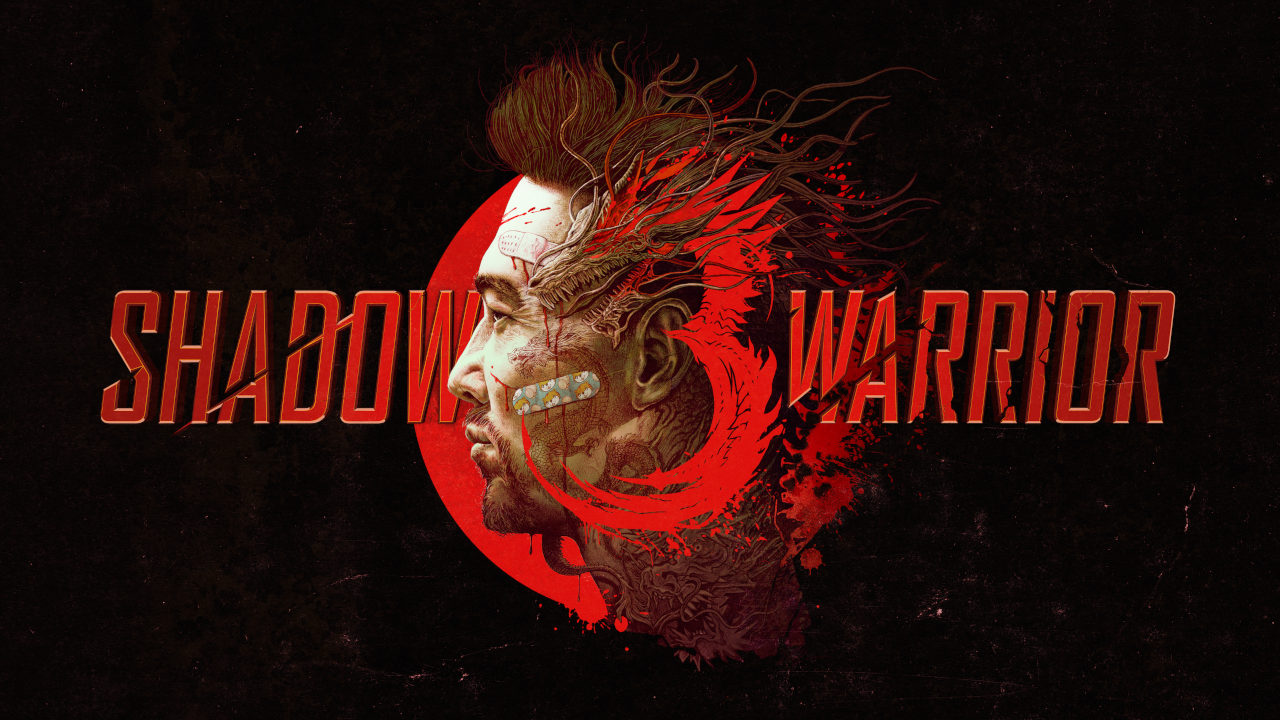
The Shadow Warrior franchise has experienced its great amount of transformations since its 3D Realms debut in 1997. Lo Wang, the series’ protagonist, is really a wisecracking ninja whose appearance and mannerisms have changed dramatically between your ’97 original and the 2013 reboot. The transition from his older iteration to the more youthful version many players are actually acquainted with works well with the fast-paced gun and swordplay the series is known for. Many fans were excited to determine another outing with the modern Shadow Warrior after the strong reception to the reboot and also the 2022 sequel. However this latest title was poised to be the most boisterous, action-packed experience yet with nods to recent arena shooters using its go back to the necessities. We played to see if the developers, Flying Wild Hog, lived up to expectations in our review of Shadow Warrior 3.
What Kind of Game Is Shadow Warrior 3?
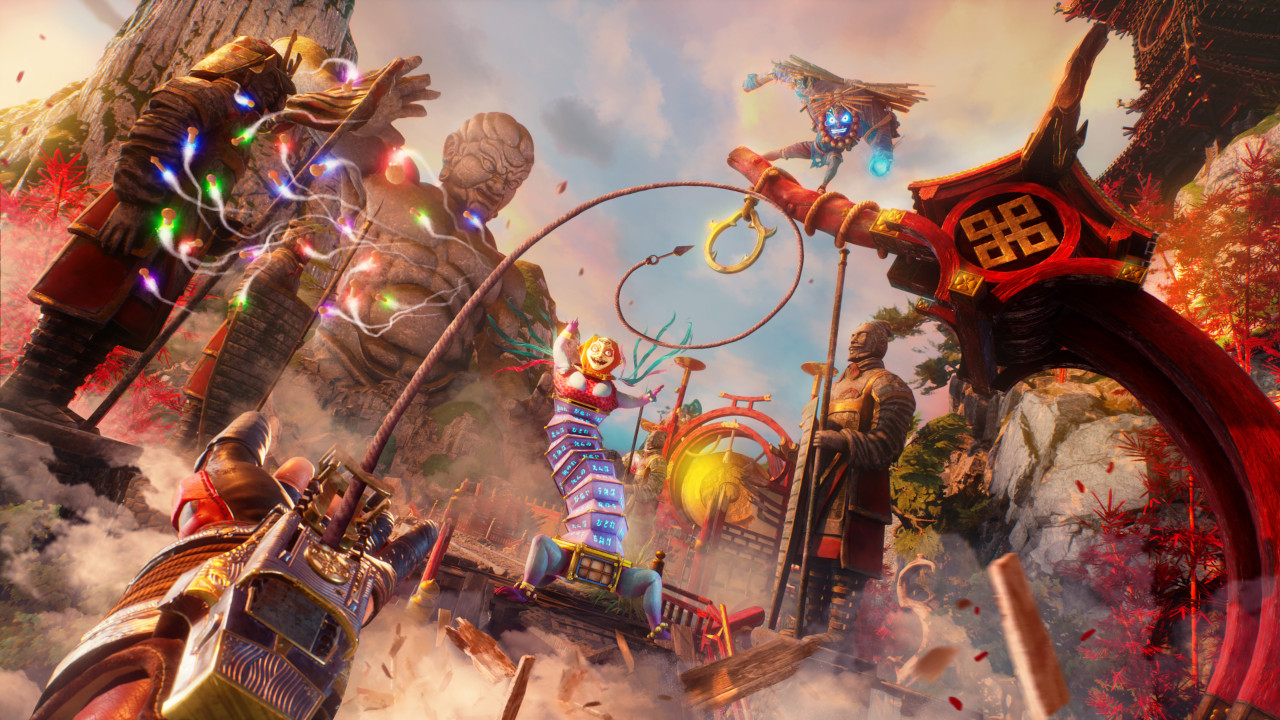
Shadow Warrior 3, like its predecessors, is really a first-person shooter with a healthy dose of swordplay. This game particularly decreases the complicating factors that were in Shadow Warrior 2 in support of a frenetic arena shooter, clearly inspired by the successes of Doom and Doom Eternal. What SW3 increases the emergent “Doomlike” formula includes ninja-style movement like wall-running, sword combat, along with a pretty neat twist on finishing moves. Additionally, Lo Wang’s character now sports a full head of hair, rattles off jokes, pop culture references, as well as memes, channeling a Duke Nukem-style repertoire of one-liners, without the problematic humor.
The story is kept simple, you’re reuniting with former enemies to consider down a dragon that threatens to consume the world, and also have to make use of every weapon and trick inside your arsenal to do this. The result is a game that, when (or perhaps in some instances, if) it works properly, is a wild, concise ride, if sometimes not challenging, with no trappings of larger-budget titles but additionally missing some key essentials. This review will look into Shadow Warrior 3 when it comes to its story, gameplay, audio and visual design, among additional factors, to see how it stacks up.
Lo Wang Saves the World
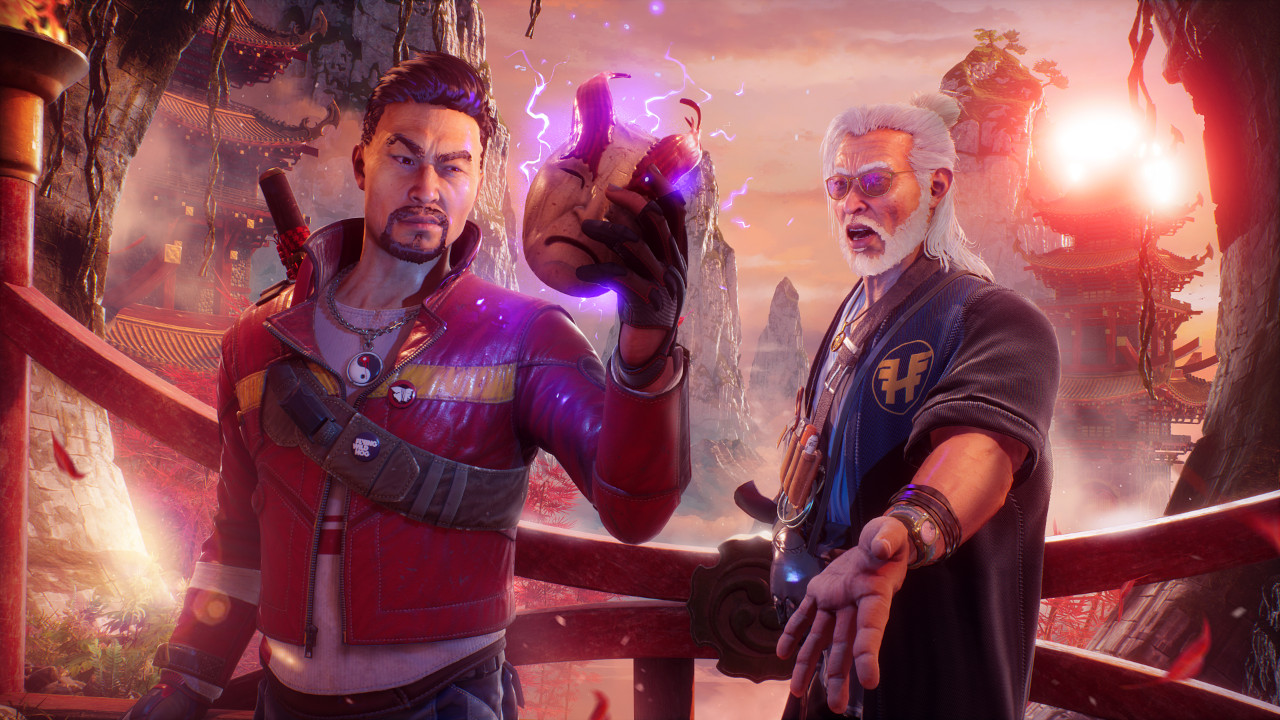
The story accumulates following the escapades of previous Shadow Warrior titles, with Lo Wang narrating to the player about his latest misfortunes heading off the Dragon threatening to destroy the planet after being released after Shadow Warrior 2. The former ninja assassin enlists the aid of former nemesis and disgraced billionaire Orochi Zilla inside a mission to harness the strength of his deceased friend Hoji, the God of Mischief. Your quest brings you across multiple regions in the game’s Neo-Feudal Japan setting and introduces new characters by means of the sorceress Motoko, and the Tanuki, her adorable spirit animal. The plot is simplistic and, although the characters are often fun, it requires a backseat to the gameplay.
A ‘Doomlike’ With a few Killer Twists
The gameplay of Shadow Warrior 3 signals a streamlining of features than others from previous SW titles. Most enemy health bars, missions, mini maps, and procedurally generated maps have left; instead, you will find new additions like a simple weapon and character upgrade system where one can spend points found either in levels or by completing challenges. There are three difficulties you are able to play the game, Easy, Medium, and Hard, there are only autosaves as of now, no manual saves or chapter select, which we’ll touch on later. There are 7 weapons that, in their basic forms, are fairly similar to any given arena shooter’s variety of weapons until you upgrade them. The enemies you fight are largely Yokai, or Japanese demons in this context, who be an obstacle in the many arenas you’ll need to fight right through to complete your pursuit.
On the surface, this appears much like a Doom clone, but beneath that is an array of clever changes towards the formula. One is how seamlessly you can integrate your sword, the “Dragontail”, in between shots taken using the weapons you acquire along the way for just about any situation. Elemental attacks are not unusual in these games, however the electric and ice attacks particularly stand out based on how they are able to stun-lock bigger opponents and chain damage in SW3. The sport is highly self-aware in how it implements lots of these mechanics, with Lo Wang and Hoji talking about recent trends in game titles to use the grappling hook, for instance. Wall-running and traversal, including simple jumping and dashing in mid-air, is satisfying and works rather well. But what stands out probably the most may be the Finisher.
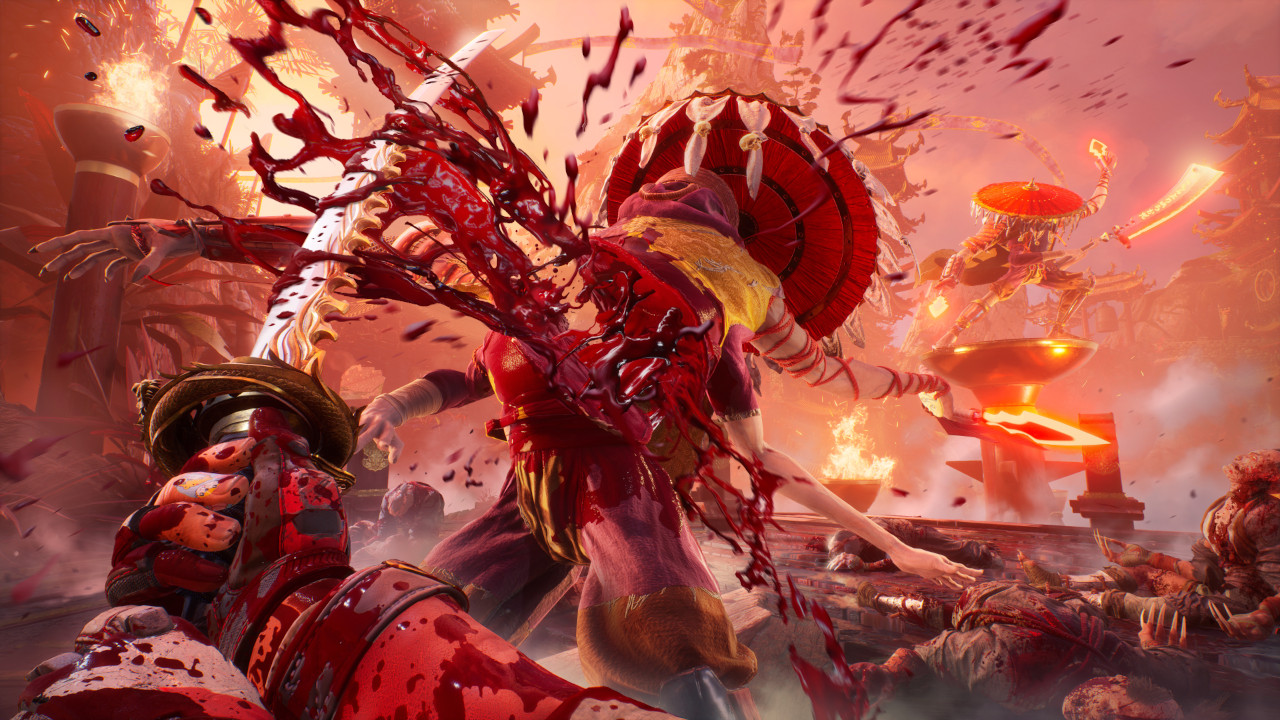
Finishers in this game convey more beneficial functions than the glory kills in Doom and Doom Eternal. Despite not having a wide variety of kill animations, but still a distinctive one for each enemy, this game bestows you with a different weapon or buff for all but one number of non-boss Yokai you encounter. To activate these finishers you’ll can simply spend “Finisher Points” if the input prompt shows to instantly kill an enemy, even if they’ve not been damaged. You will gain Finisher Points either by killing enemies or locating the yellow spawn points marked similarly to health and ammo spawn points, and you’ll eventually have access to a reserve of three points. 1 is spent for smaller enemies, 2 are spent for bigger ones, and three can be used only for the Gassy Obariyon, the largest enemy. Upon executing this move, you’ll be given Gore Weapons.
Gore Weapons really are a fun feature within this game, featuring different abilities based on the enemies they’re acquired from. Even the animations prior to getting them are highly entertaining, from stealing a Hattori’s sword and cleaving them in half, to cooking a Chef Oboru Guruma’s head in the own body’s ‘oven’, including a timer going off to signify it’s done. You’ll gain deadly swords, hammers, bombs that freeze groups of enemies, grenades that stun-lock and devastate entire arenas, and much more. The only enemy who has a Finisher that doesn’t bestow a “Gore Weapon” by itself may be the Shogai, the lowest-tier enemy, but rather, you get a massive health buff, doubling your Max HP. Using these Gore Weapons, especially on Medium and difficult difficulty, will prove essential to surviving arenas, but more than that, getting them and taking advantage of them is macabre yet darkly funny.
The Visuals
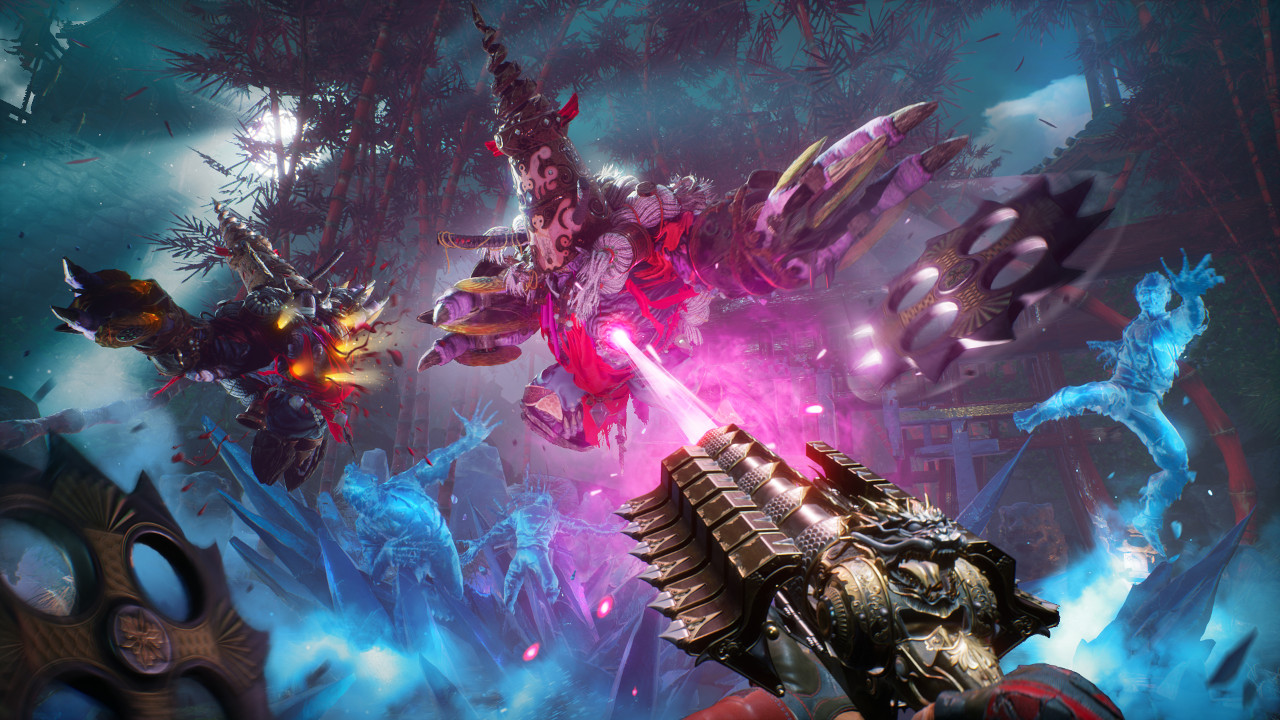
Shadow Warrior 3 features an attractive showcase of particle effects, colorful enemies and gore whenever you take them down, and lighting that pops in the various components where the sun is booming or setting. The game has some shortcomings within the CG cutscenes, where the graphics look quite dated, because it feels rather clear the love and attention were wisely put into the gameplay. The cutscenes are short and serve to showcase Lo Wang’s swashbuckling adventures, based on a little cast of characters each with varying levels of exasperation for Wang’s antics. The sport runs at a crisp framerate during action, however the cutscenes are in an intentional, lower, more cinematic speed. But there are particular highlights to the way the visuals are rendered.
Touching again around the Finishers, they are rendered excellently, with a lot of variety. Completing these enemies is really a mini cutscene you can’t skip, and you’ll often not need to due to how well-rendered they are, despite their brutality. Weapons you wield in the game are well-detailed and distinctive, and enemies sport some crazy designs which are aesthetically very different from Doom allowing it to stick out, with wild palettes. Among the best of them is among the only 2 traditional bosses hanging around, the traditional Cock, whose fight is most likely among the best areas of the game.
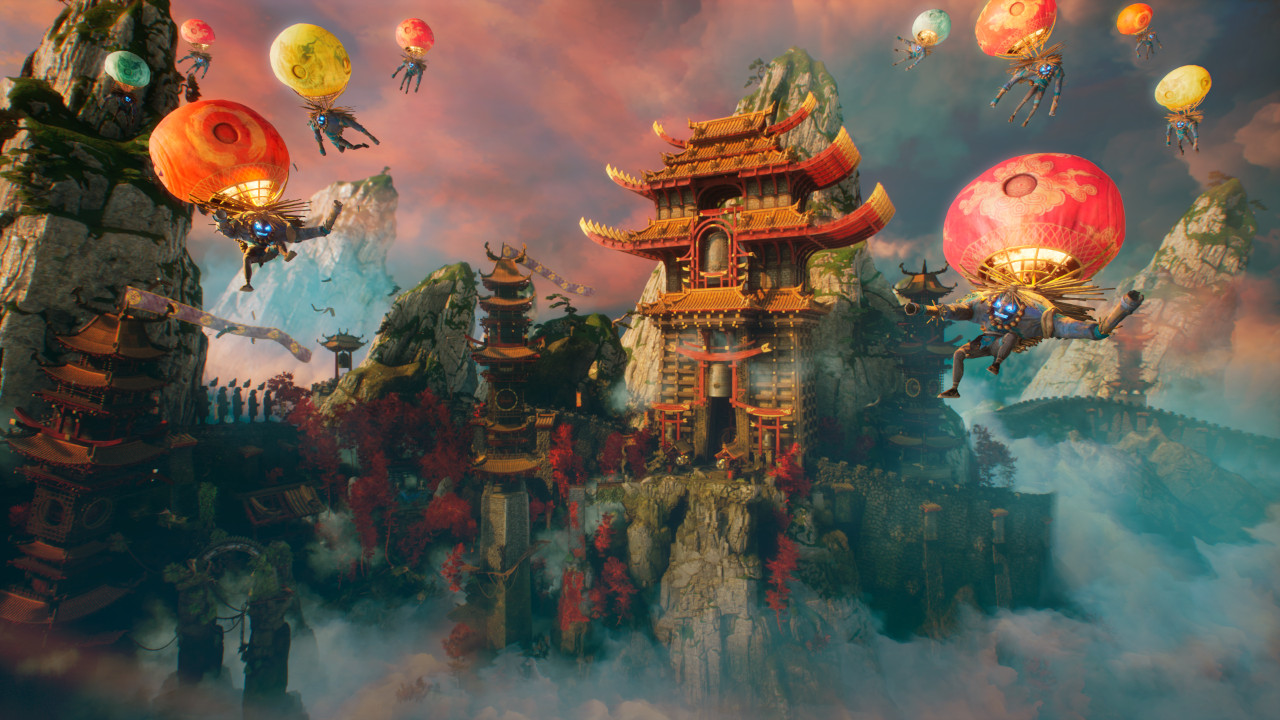
Stages are well-designed, although several are somewhat similar to each other. Highlights include multiple instances of you running across the back of the Dragon, the icy heart of the massive forest, and also the ruined structures surrounding a dam. You’ll even end up inside a massive beast, going through its body and crossing red blood cells to achieve your destination. Traps in arenas will also be decently varied and feature creative and bloody ways to destroy your enemies en masse if you can kite them in to the impacted areas.
Overall there’s plenty to savor about the game on the visual scale, whether it is from enemy designs, gore, and stage design. It lacks what other Shadow Warrior games been on other friendly NPCs, the only person associated with a note in this game being Motoko’s Tanuki, her spirit animal you have to chase and then have accompanied for your quest. Despite trailers along with other footage seemingly suggesting more interaction with one of these characters, such as direct support from Motoko against enemies, instead, you’ll mostly interact with them via dialogue.
The Sound
This game has a pretty killer soundtrack, which feels like a standard set reasonably high by Doom and it is ilk. The background music appears to be a fusion of Asian influences with pounding beats and it assists in keeping the energy up when fighting off hordes of Yokai in the arenas. Gunfire and sword slashes are all reasonably satisfying to listen to and not overdone, and the best sound design in most cases is in executing finishers, particularly Chef Oboru Guruma and Hattori enemies. There’s something special about having a demon defeated in such a gross, visceral manner, with the accompanying sound being so oddly pleasing towards the ear.
The Issues
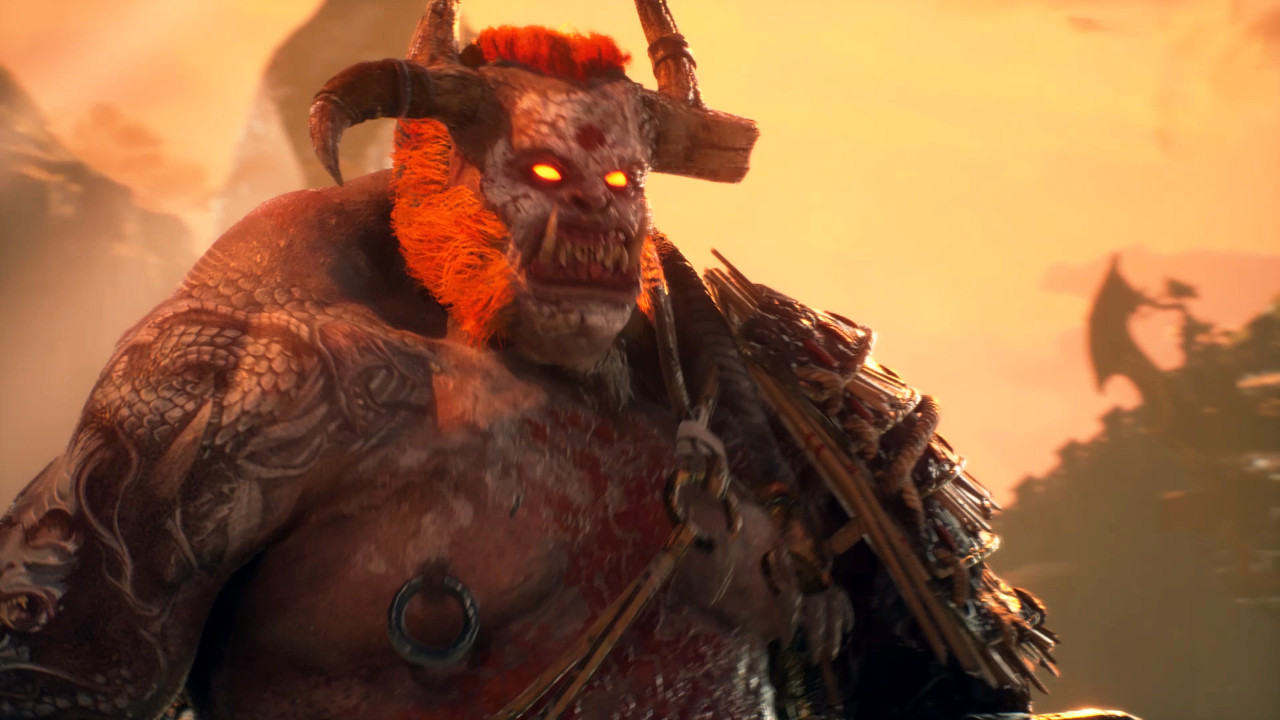
Shadow Warrior 3 would be a significant departure in the other games in the series in several ways, and as such, this can be a radical change in direction and unusual territory for the developers. There are many technical issues I encountered, as well as some oddly absent features from the game. Before an area was issued once i had finished my initial playthrough, there was even at least one game-breaking bug, that could have simply been fixed or remedied if the game had a couple of other key features.
One concern is that, while often being implemented well, the grappling could easily have issues if you approach the indicated green rings from the wrong angle, often dropping you before you decide to could reach the ledge. This specific issue presented itself in 2 bugs I encountered in the game. One was in Chapter 6, whereupon respawning after dying to this issue, the sport also chose to put on by spawning the raft you’re supposed to jump on in an unreachable, lethal spot. This problem felt like the one which could be remedied by restarting the chapter, however the game doesn’t even enable that. The end result I encountered was which i was unable to proceed and kept in at the checkpoint with this bug a part of my playthrough, and that i was forced, after working 4 hours getting to that point, to restart my entire playthrough. Mercifully, a Restart Level function was added right before release, but nonetheless no chapter select.
This bug seems to be patched out, however the missing chapter select feature does not. This doesn’t appear to be an unreasonable request, given any recent arena shooter, really any shooter has this feature, and also the game marks each chapter with achievements. This causes another frustration that will surely be echoed by other players in that, to 100% complete the game, you’ll must find all the weapon and character upgrade points. This stat-building system is a fun method to empower yourself in arenas, but with a combination of no indicators based on how many of a points are present or remaining in levels, you're instructed to play through the game multiple times to get all of them if you don't perfectly see everything. This seems like an undesirable implementation of replay value, and I spent multiple runs finding everything but felt ultimately blasé at the prospect to do any more.
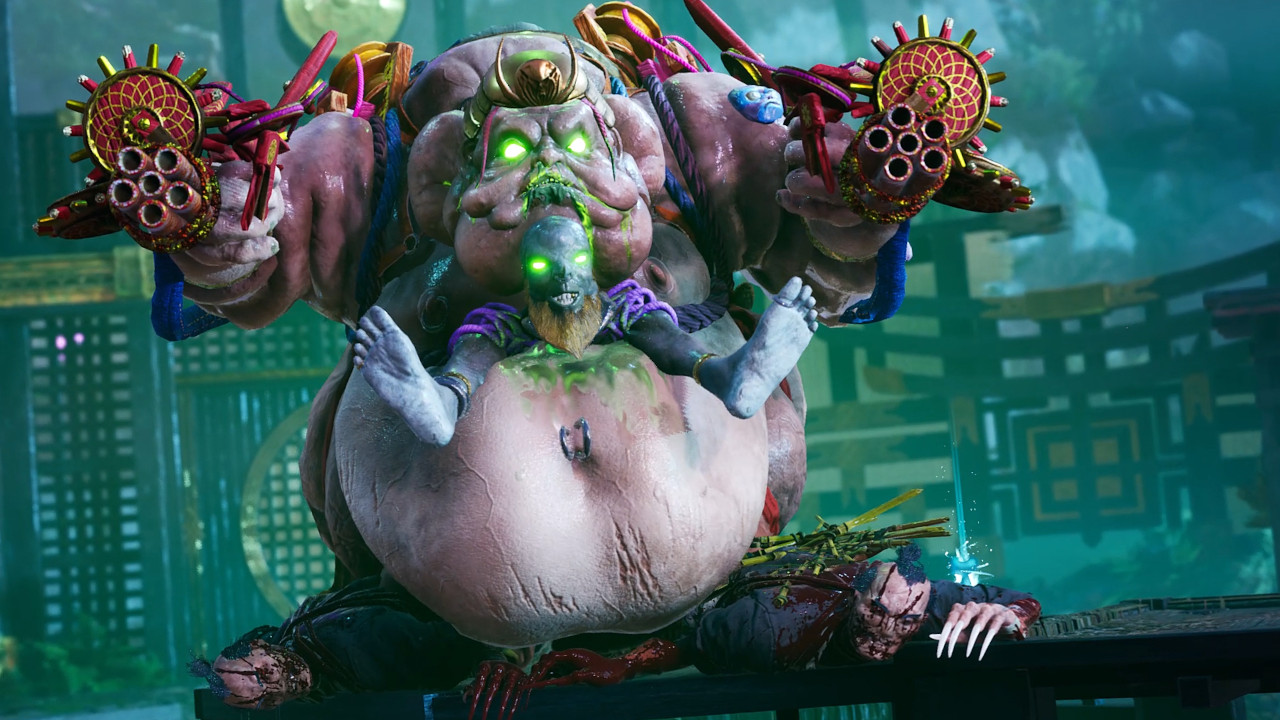
Whether it's the inconsistent grappling mechanic leading to having to close and reopen the sport for any grapple indicate spawn properly such as in Chapter 9, or even the aforementioned issue found in Chapter 6, it feels clear the testing process didn’t look for as much. The game, when it runs, quite a bit of fun, but it seems like it's masking for a lack of replay value with how it's structured, and this can be effectively ruined once you run into any bugs.
One Noticeable Change
The voice recasting of Mike Moh was met with controversy in the fans of the series, but he portrayed the smoothness well and it is best-enjoyed when he banters together with his supporting cast. He is rather awkward when talking to himself, especially when he sings, but makes amusing popular culture and meme references, and that i often found myself agreeing with what he was saying. He earned several succinct points about commonly mistaken differences between dragons and wyverns, the short and also the Furious movies, and superhero tropes. He was even oddly wholesome sometimes and serves as a solid adjustment to the otherwise problematic and poorly aged archetypes set by his classic self and Duke Nukem. It makes sense an unhinged character who channels modern Deadpool energy, and it’s pretty fun.
The Verdict
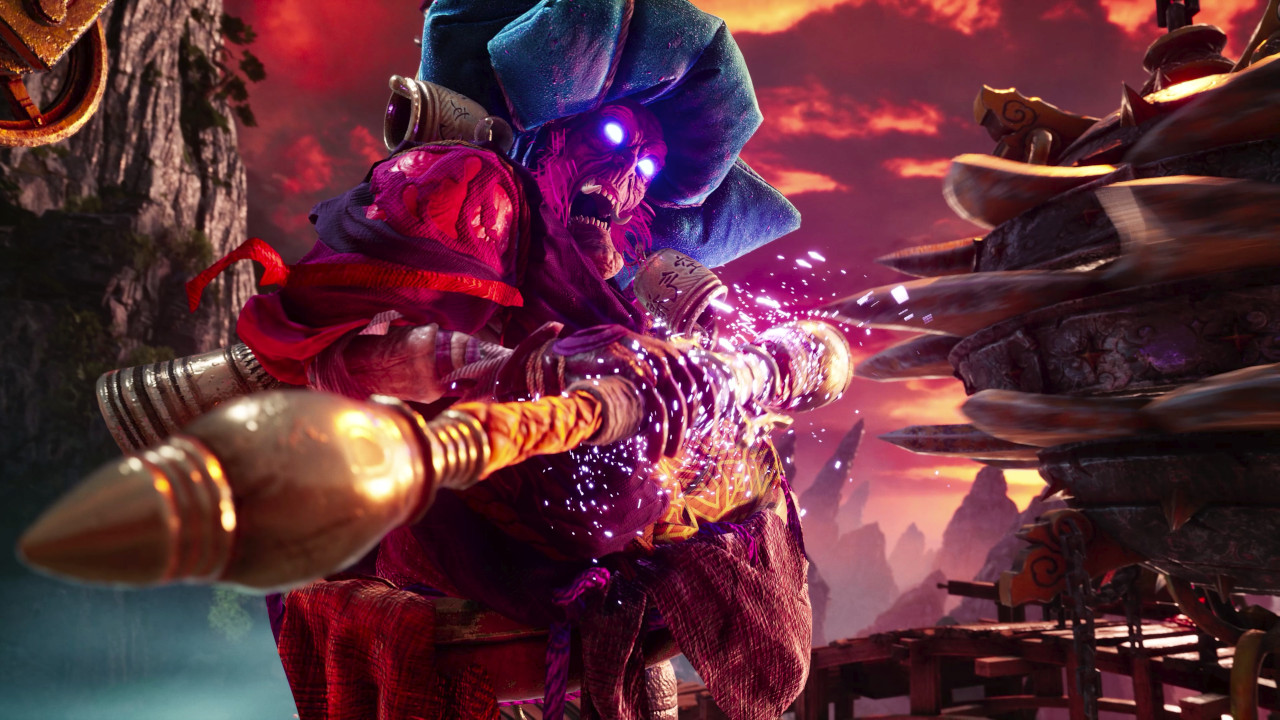
Shadow Warrior 3 is like a gory amusement park ride, in that it is fast-paced, thrilling, but short. You can complete the game in anywhere between 8-10 hours on higher difficulties but can speed through it in a far shorter time on Easy, achieving 100% completion around 20 hours spent. You’ll be delighted by the varied enemy designs, visually appealing backdrops, and creatively brutal methods to take down your foes. But a far more apt aspect to add is that it’s not really a headliner ride, in that you’ll enjoy it once, carry fond memories, but believe that enjoying it again to see that which you didn’t notice will be tedious.
This concludes our review on Shadow Warrior 3! The game has some genuinely great ideas, but it is hampered with a number of pronounced intricacies along with a general lack of replayability. I would thoroughly enjoy more Shadow Warrior games in this formula if Flying Wild Hog fixes the pressing issues I encountered, though, because it shows promise.


